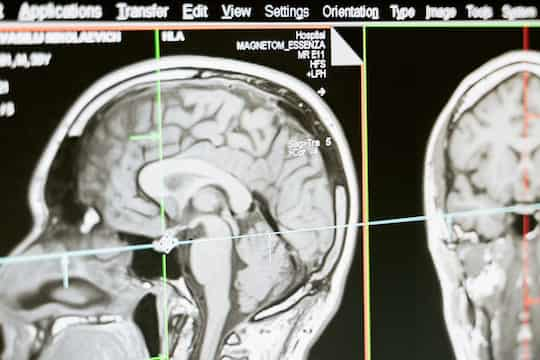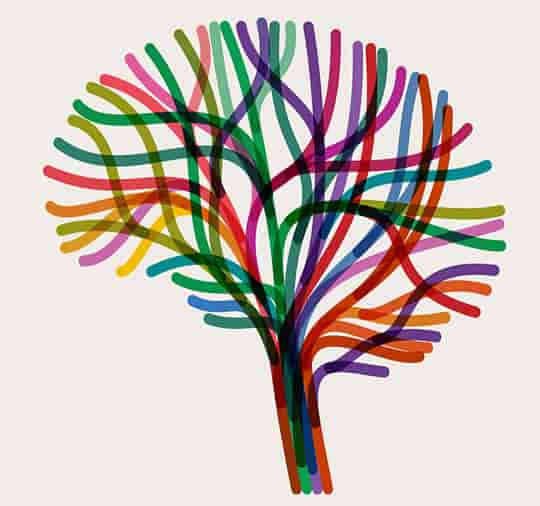In one-third of Parkinson’s patients these hallucinations manifest themselves before the characteristic trembling.
Experiencing minor hallucinations, such as feeling someone is nearby when there is no one there, could be an early sign of Parkinson’s disease, a study finds.
Known as ‘presence hallucinations’, they are also occasionally felt by healthy people, but can be an early indicator of neurological dysfunction.
In Parkinson’s disease — which is chiefly known for producing tremors — hallucinations like these can predict more rapid cognitive decline and tend to appear early on.
Other minor hallucinations sometimes experienced by those with Parkinson’s include passage hallucinations, which consist of a fleeting glance of someone or something passing sideways and other visual hallucinations, such as mistaking a table for a dog.
Parkinson’s is often diagnosed too late — early interventions can help to slow the progression of the disease, so minor hallucinations could be a useful warning sign.
Professor Olaf Blanke, study co-author, said:
“We now know that early hallucinations are to be taken seriously in Parkinson’s disease.
If you have Parkinson’s disease and experience hallucinations, even minor ones, then you should share this information with your doctor as soon as possible.
So far, we only have evidence linking cognitive decline and early hallucinations for Parkinson’s disease, but it could also be valid for other neurodegenerative diseases.”
Decaying cognitive function
The study included 75 people, aged between 60 and 70 who had Parkinson’s disease.
The results showed that those with early hallucinations were more likely to display cognitive decline in executive function — the ability to plan and control behaviour.
Regular hallucinations are experienced by half of Parkinson’s patients, despite being a little-known symptom.
In one-third of patients hallucinations manifest themselves before the characteristic trembling.
Professor Blanke said:
“Detecting the earliest signs of dementia means early management of the disease, allowing us to develop improved and personalized therapies that try to modify the course of the disease and improve cognitive function.”
While presence hallucinations can be relatively minor at first, they may progress to more complex visual hallucinations later on.
Professor Blanke said:
“We aim to have an early marker to identify individuals at risk of a more severe form of Parkinson’s disease, characterized by a more rapid cognitive decline and dementia, based on hallucinations proneness.
And ideally identify those individuals even before hallucinations actually occur.
We are therefore developing neurotechnology methods and procedures for that purpose.”
Related
- A reduction in serotonin function is an early sign of Parkinson’s disease.
- Small changes to handwriting can be the first sign of Parkinson’s disease.
- Constipation is an early sign of Parkinson’s disease
The study was published in the journal Nature Mental Health (Bernasconi et al., 2023).










